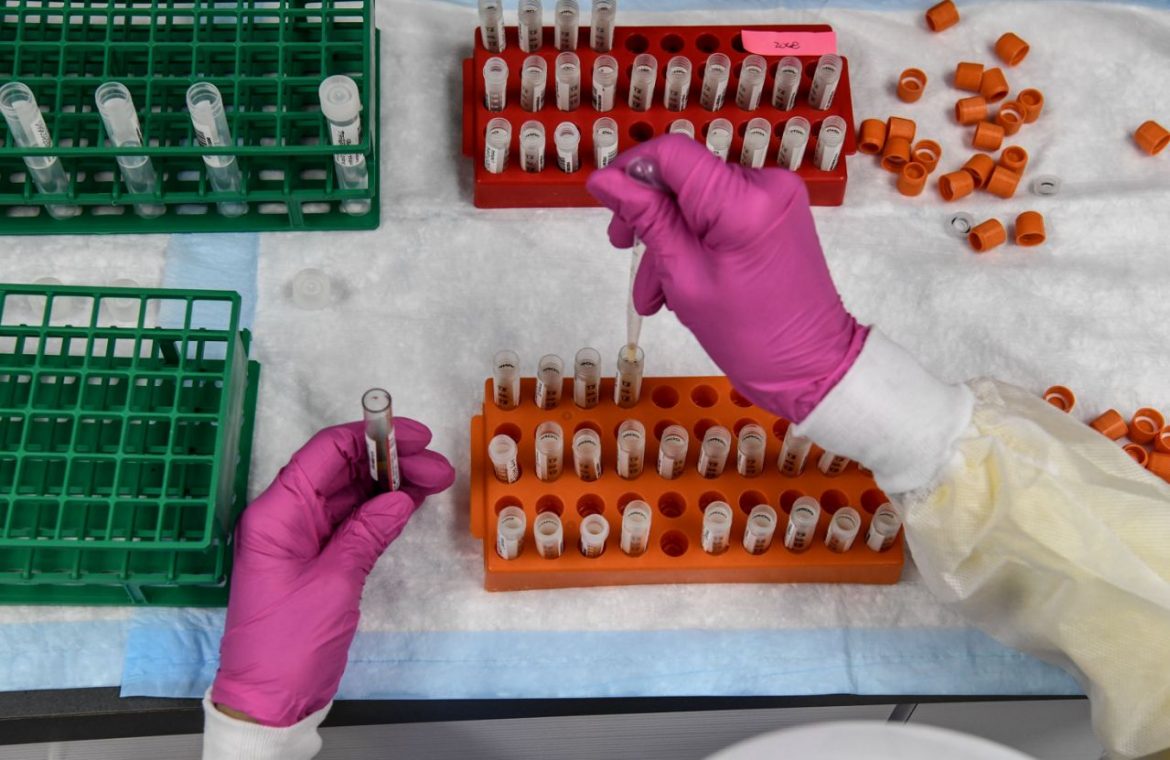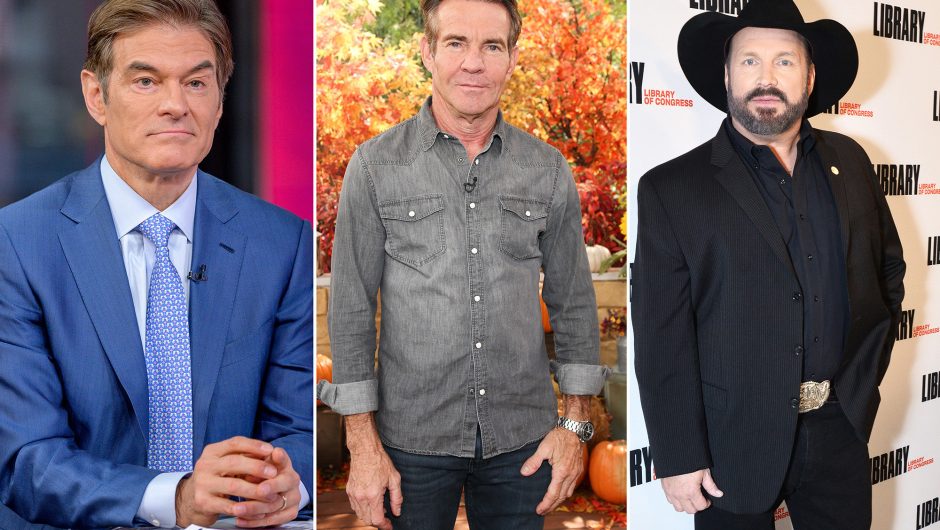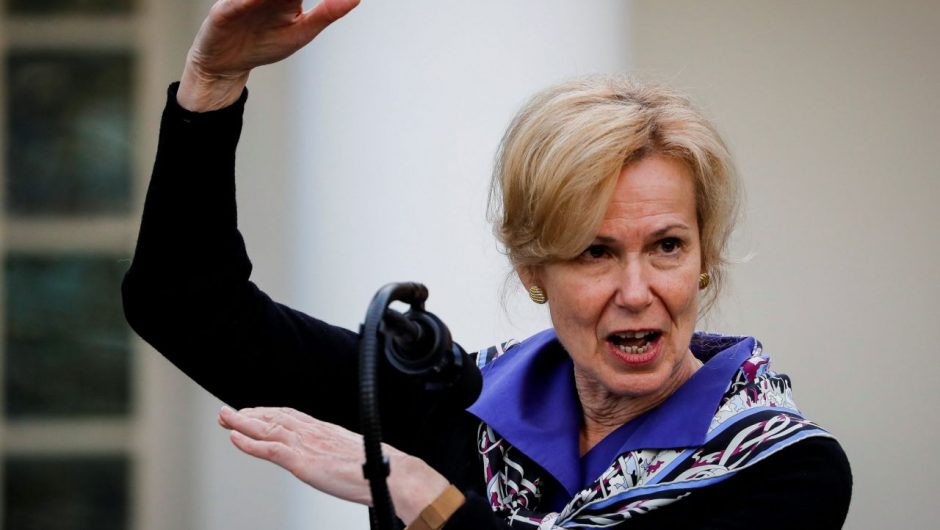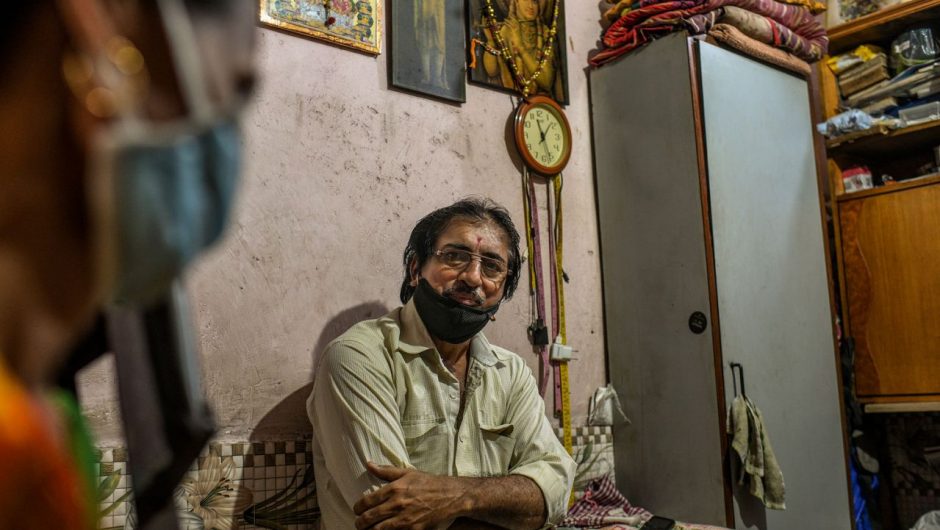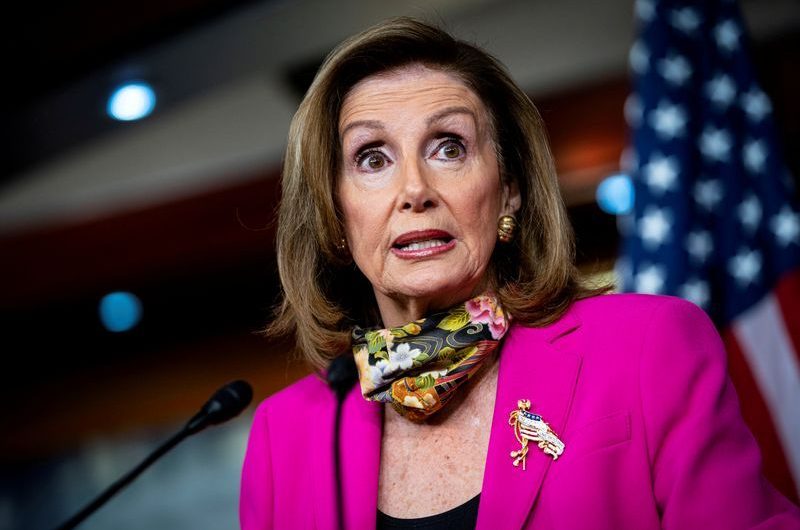With global cases of COVID-19 topping 32 million this week and the disease having so far claimed more than 984,000 lives, the urgency of producing a vaccine has never been clearer. Yet in the United States, where vaccine skepticism has long been brewing, the Trump administration’s rush to secure an effective vaccine, dubbed Operation Warp Speed, has added to doubts about whether the eventual remedy will be safe.
According to the Pew Research Center, 51 percent of Americans now say they would definitely or probably get a coronavirus vaccine — a significant drop from only four months ago, when 72 percent of Americans said they intended to be vaccinated for COVID-19. Three-quarters of Americans cited concerns about the safety and effectiveness of a vaccine and said the approval process for it was moving too fast.
Depending on how contagious a disease is, between 50 and 90 percent of a population generally needs immunity in order to achieve “herd immunity” to a virus, according to Johns Hopkins University. But “natural herd immunity” — acquiring immunity by naturally contracting the disease and recovering from it — is considered a risky and potentially dangerous approach that could result in another 1 million American deaths from COVID-19. As a result, many public health experts are attempting to encourage public confidence in a vaccine as the solution to returning to normal life. One economist at the Brookings Institution even suggests paying people to get a vaccine.
Yahoo News medical contributor Dr. Dara Kass and others emphasize that data transparency from the vaccine trials could help Americans feel more confident in a COVID-19 vaccine when it becomes available.
“What happens if tomorrow somebody announces that there’s a safe and effective vaccine and you should take it? What do you do? Well, first and foremost, you need to look and say, is there any data to back that up? Are the phase III trials completed?” Kass advised.
Story continues
“In order to have good public confidence that the vaccine recommended by the FDA, the one that’s approved, is safe and effective, the best process is for the company that makes the vaccine to publish their phase III clinical trials — for that to be published in a peer-reviewed journal, for that data to be interpreted by scientists and vaccine specialists, and for us to listen to what they say and communicate it to you,” Kass said.
A lab technician sorts blood samples for a COVID-19 vaccine study at the Research Centers of America in Hollywood, Fla., on Aug. 13. (Chandan Khanna/AFP via Getty Images)
Much of the coronavirus vaccine hesitation in the U.S. has stemmed from the perceived politicization of the process by President Trump, who has repeatedly contradicted experts by promising a vaccine before Election Day. In reality, most experts say the best-case scenario would be a vaccine in limited supply by the end of this year or early 2021, with most Americans having access to a vaccine by mid- to late 2021. Still, Trump’s insistence that a vaccine could be available earlier has fueled speculation and fear that he could attempt to force a vaccine approval before it’s ready. According to a recent ABC News poll, 69 percent of Americans don’t have confidence in Trump vouching for a vaccine.
Kass says Americans shouldn’t be looking to any politicians for vaccine assurance.
“A pretty reliable rule of thumb is that vaccine confidence and safety should be communicated by scientists and doctors, not by politicians and elected leaders,” she said, stressing that a coronavirus vaccine shouldn’t be correlated to an election timeline.
But when public trust in the scientists and doctors is also called into question, that further deepens vaccine skepticism.
“Saying vaccine hesitancy is just about safety understates the issue,” said Julia Wu, a research scientist in the department of epidemiology at Harvard’s T.H. Chan School of Public Health who recently co-authored an essay on vaccine confidence during COVID-19.
“I believe that public trust is a key factor in vaccine confidence. If people don’t have trust in health authorities, it doesn’t matter how safe and effective a vaccine is. They are less likely to accept it,” she continued.
Dr. Anthony Fauci testifies at a Senate Health, Education, Labor and Pensions Committee hearing on Wednesday. (Graeme Jennings — Pool/Getty Images)
Dr. Anthony Fauci, the top infectious disease expert on the president’s coronavirus task force, is keenly aware of the skepticism over a COVID-19 vaccine, calling public concerns that a vaccine will be carelessly rushed through completion “the elephant in the room” during a Facebook Live conversation on Thursday. Fauci sought to assure Americans that those responsible for assessing the vaccine trial data have no political affiliations, and that the data from an approved vaccine will then be available for public review.
“People are always saying, ‘How do I know it’s safe, and how do I know it’s effective?’ There’s a lot of confusion because there are mixed messages that are coming,” Fauci said. “So here is the message that people need to appreciate. With every vaccine trial, there’s a thing called a data and safety monitoring board, which is an independent group of scientists, vaccinologists, ethicists and statisticians. … That group is not beholden to the company [that produced the vaccine], not beholden to the FDA, not beholden to the president and not beholden to me. They’re independent.
“One of the problems is that there already is a reluctance in this country to get vaccinated,” Fauci continued. “So we’ve got to build the trust and outreach to the community that what we’re doing is completely transparent so that they believe us when we say this is safe, this is effective.”
For some, trust in public health agencies and their coronavirus response has already been eroding, thanks to a series of back-and-forth guidance changes. In June, the FDA revoked emergency use authorization for hydroxychloroquine — a drug frequently touted by the president as a coronavirus therapy — citing the drug’s “known and potential risks.” Last Friday, the CDC added guidance on airborne transmission to its coronavirus webpage, only to abruptly remove the guidance on Monday and revert to its previous recommendations, with a federal official telling CNN, “It was posted by mistake. It wasn’t ready to be posted.”
“We need to realize that every time one of these recommendations gets put forward and then taken back, we see that it undermines public confidence not just in that process but in every decision made afterwards,” Kass observed.
Of course, some degree of stop-and-go is normal and to be expected in vaccine trials and research — and is actually a sign that the process is working effectively. Last week, Oxford University announced that a promising vaccine it’s developing with AstraZeneca would resume vaccine trials after it paused the study in response to a reported possible side effect in a U.K. patient. Experts say the halted study “is science at work,” and would hopefully inspire more confidence in the safety and prudence of the vaccine process and — perhaps eventually — a finished vaccine product.
“This pause shows we will always put safety first,” British Health Secretary Matt Hancock said of the resuming trials.
Yet even before the coronavirus pandemic shed light on the vaccine approval process, there was already a general wariness of vaccines in the U.S. According to the Department of Health and Human Services, over 30 percent of parents delay one or more recommended childhood vaccines, and less than 45 percent of adults get the recommended seasonal flu vaccine.
Dr. Francis Collins, director of the National Institutes of Health, holds up a model of the coronavirus during a Senate Appropriations subcommittee hearing in July on the plan to develop a coronavirus vaccine. (Saul Loeb-Pool/Getty Images)
“This has been an issue for our country not just in this season of COVID-19, but before that,” National Institutes of Health Director Francis Collins said of vaccine hesitancy at a Senate Health Committee hearing on Sept. 9. “One has seen the consequences of that with measles. In the year 2000, we declared that the U.S. succeeded effectively in getting rid of measles, and last year we had more than 1,000 cases.”
And suspicion of vaccines isn’t just an American phenomenon. Last year, the World Health Organization listed vaccine hesitancy among the top 10 significant global health threats the world could expect in 2019. A study published this month, which mapped vaccine confidence across 149 countries between 2015 and 2019, found that it remained low across Europe compared with other continents, despite some signs that confidence was increasing.
Heidi Larson leads the Vaccine Confidence Project at the London School of Hygiene and Tropical Medicine and is one of the authors of the study. She said that while anti-vaxxers are one extreme in the battle for public vaccine confidence, she is “more worried about the 80% or so who are in the middle and increasingly sceptical and doubtful about vaccines, partly fuelled by digital technology and excessive information at their fingertips.”
Larson told the Guardian that in order to boost public confidence in a COVID-19 vaccine, more “empathy” is needed from doctors and scientists as vaccine research continues. “Keeping people in the loop is important,” she said. “From a confidence perspective, I think we have not done, as a scientific community, a very good job of explaining why things are moving faster.”
A protester at a Trump rally to reopen California amid the coronavirus pandemic on May 16. (David McNew/Getty Images)
The anticipated arrival of a COVID-19 vaccine (albeit in limited amounts) by the end of this year or early 2021 is indeed years ahead of any other vaccine development timelines. But public health experts say this expedited timeline is not a reason for concern; it’s the result of a concerted effort to reach a single goal. In the U.S., Operation Warp Speed — a partnership announced on May 15 between the Department of Health and Human Services, the Department of Defense and the private sector — has been implemented to accelerate the development and eventual distribution of a COVID-19 vaccine on a level that is unprecedented.
“Some people are looking at this process, at the timeline, and that’s making them hesitant. How could a vaccine that is generated this quickly possibly be safe or effective? And the truth is, the investment of resources, both by the federal government and private industry, are allowing us to move faster than ever before,” Kass said. “We have never had such a large investment in multiple vaccines for a single virus at one time in this country. So although the process does seem very fast — warp speed, if you will — that’s not a reason not to trust it. It’s just a reason to say we’d like to see the data when it’s ready.”
Trump’s timeline for a COVID-19 vaccine also has some high-profile skeptics, with Democratic presidential nominee Joe Biden saying last week, “I trust vaccines. I trust scientists. But I don’t trust Donald Trump. And at this point, the American people can’t, either.”
Biden’s running mate, Sen. Kamala Harris, likewise said she “would not trust Donald Trump” on vaccine safety, prompting Trump to accuse his opponents of “anti-vaccine rhetoric.”
Joe Biden and Kamala Harris at the Democratic National Convention, which was held virtually amid the coronavirus pandemic. (Olivier Douliery/AFP via Getty Images)
But Kass believes there’s an important difference between being anti-vaccine, questioning the validity of any vaccine, versus healthy skepticism of a process that’s moving with unprecedented speed.
“The best way to know if you’re getting misinformation or disinformation, or just listening to somebody that is appropriately skeptical of a process that seems to be going very, very quickly, is to look at the other things that they have said,” Kass said. “Are they a trusted voice in this space? Are they someone that otherwise encourages you to wear a mask and stay distanced and follow the science? Or are they somebody that’s telling you a vaccine is never going to work and you shouldn’t wear a mask and this is all a hoax?”
But while healthy skepticism can be productive, Kass said that ultimately confidence in a vaccine needs to come from trusting and listening to experts.
“It’s not the time for everyone in the world to become a vaccine specialist or to try to interpret intermittent data themselves before the trials are completed,” she said.
“The idea that regular people … are trying to interpret vaccine data, trial data, or even understand how a vaccine is generated, is kind of like figuring out how the sausage is made rather than just going to the store and buying it after it’s done,” Kass added. “Remember that when the vaccine finishes its trials and the science is published, there are people that are qualified, people that are experts in whether or not a vaccine is safe and effective, and they will tell us when this is ready.”
_____
Read more from Yahoo News:


